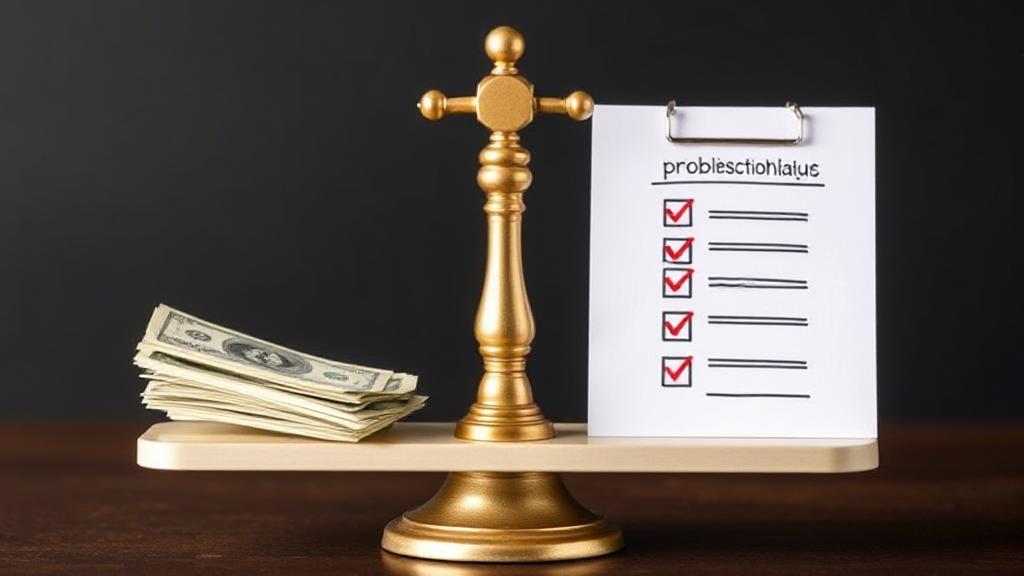Understanding Personal Loans
A personal loan is an unsecured loan provided by banks, credit unions, or online lenders that doesn't require collateral. Unlike secured loans such as mortgages or car loans, lenders cannot automatically seize your assets if you default. Personal loans typically feature fixed interest rates and monthly installments over a predetermined period.
Advantages of Personal Loans
Flexibility of Use
One of the most significant benefits is the versatility of personal loans. They can be used for various purposes, including:
- Debt consolidation
- Home improvements
- Medical expenses
- Wedding costs
- Vacation funding
Quick Access to Funds
Many lenders like LendingTree and SoFi offer fast approval and funding processes, sometimes providing access to funds within 1-3 business days after approval.
Fixed Payment Structure
Personal loans typically offer:
- Fixed interest rates
- Predictable monthly payments
- Set repayment terms
- No surprises in payment amounts
Debt Consolidation Benefits
Many borrowers use personal loans to consolidate debt, which can:
- Simplify monthly payments
- Potentially secure a lower interest rate
- Create a clear path to becoming debt-free
- Improve credit score through regular payments
Disadvantages of Personal Loans
Costs and Fees
Watch out for:
- Origination fees (typically 1-8% of the loan amount)
- Late payment penalties
- Prepayment penalties
- Annual fees
According to the Federal Reserve, average personal loan rates can range from 10% to 28%, depending on creditworthiness.
Credit Impact
"Your credit score may temporarily drop when you apply for a personal loan due to the hard inquiry on your credit report," explains credit expert John Ulzheimer.
Risk of Deeper Debt
Without proper financial discipline, personal loans could lead to:
- Additional debt burden
- Stress on monthly budget
- Potential default risks
- Damaged credit score
Key Considerations
Compare Lenders
Research multiple lenders to find the best terms:
| Factor to Compare | What to Look For |
|---|---|
| Interest rates | Lowest possible APR |
| Fees | Minimal to no fees |
| Loan terms | Flexible repayment options |
| Customer service | Strong reviews and support |
Alternative Options
Consider these alternatives before committing:
- 0% APR credit card balance transfers
- Home equity lines of credit (HELOC)
- Peer-to-peer lending platforms
- Building an emergency fund
- Borrowing from family or friends
Best Practices
If you decide to proceed:
- Read all documentation carefully
- Keep copies of all loan documents
- Set up automatic payments
- Monitor your credit score regularly
- Maintain an emergency fund
Making an Informed Decision
Before applying for a personal loan, assess your financial situation, including your income, expenses, and existing debt to determine if you can comfortably afford the loan payments. Shop around and compare offers from multiple lenders to find the best deal.
For more information on personal loans, you can visit resources like NerdWallet, Bankrate, or The Balance.
Remember that personal loans can be valuable financial tools when used responsibly. The key is to thoroughly understand the terms, shop around for the best rates, and have a solid plan for repayment before proceeding with any loan application.
